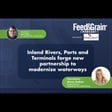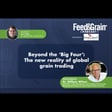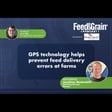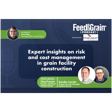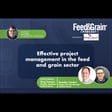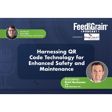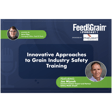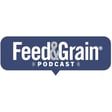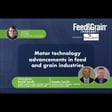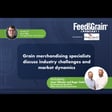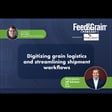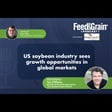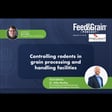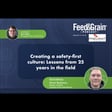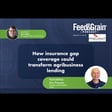
Exploring customized control solutions for feed mills
In this episode of the Feed & Grain Podcast, host Steven Kilger dives into the intricacies of feed mill automation with special guest Deon Considine, a sales engineer and the sales manager at Sterling Systems & Controls. This episode explores the importance of customizing control solutions to enhance feed mill efficiency and productivity. Considine shares his extensive 30-year experience in the industry, discussing the benefits of transitioning to automated systems, key considerations for upgrades, and emerging trends in feed mill technology. Learn how tailored automation can transform operations, maximize efficiency, and adapt to the unique needs of each feed mill. Whether you're an industry veteran or new to the field, this episode offers valuable insights into optimizing feed manufacturing processes. Tune in for a comprehensive discussion on enhancing your feed mill's performance.
